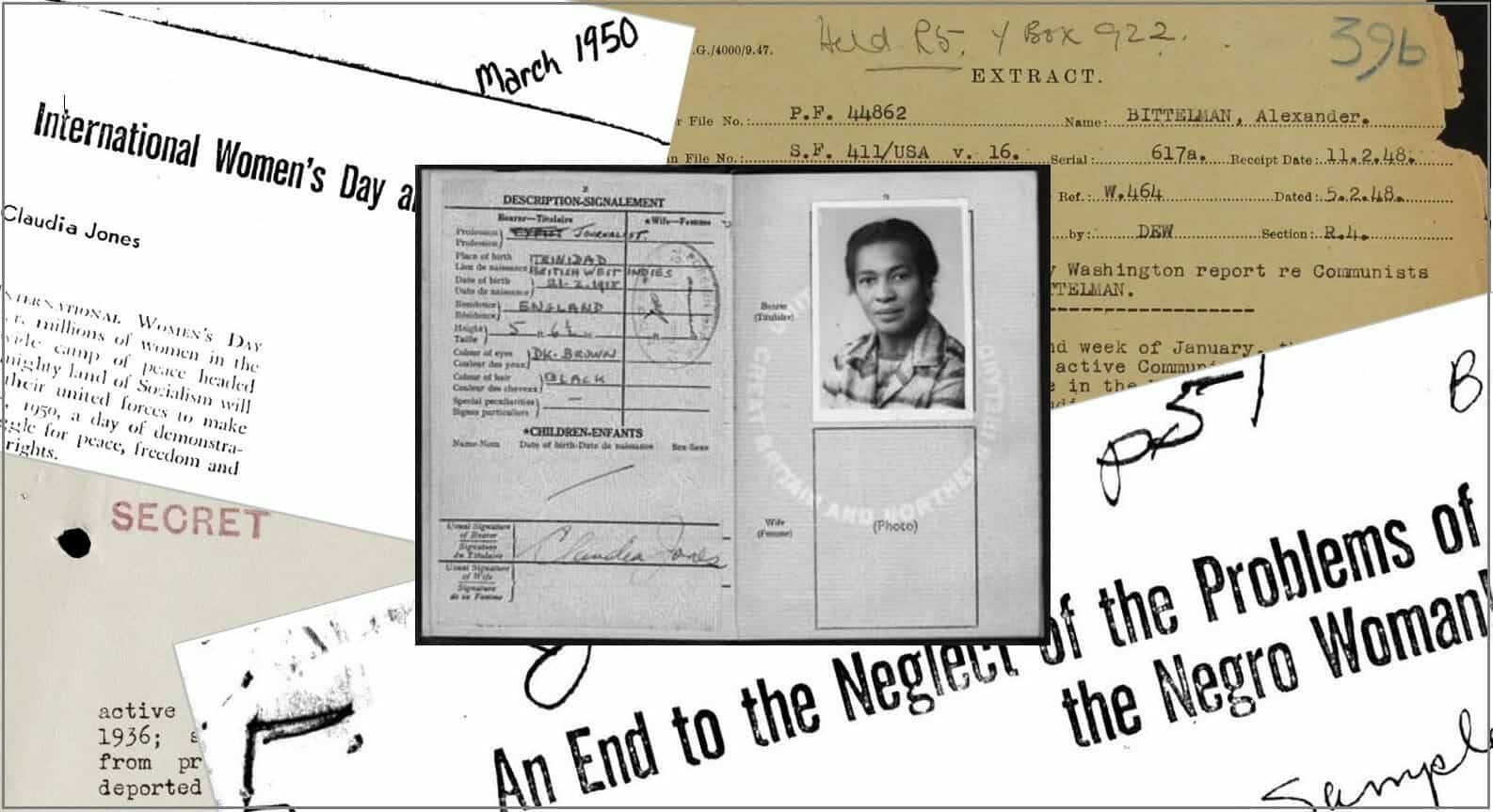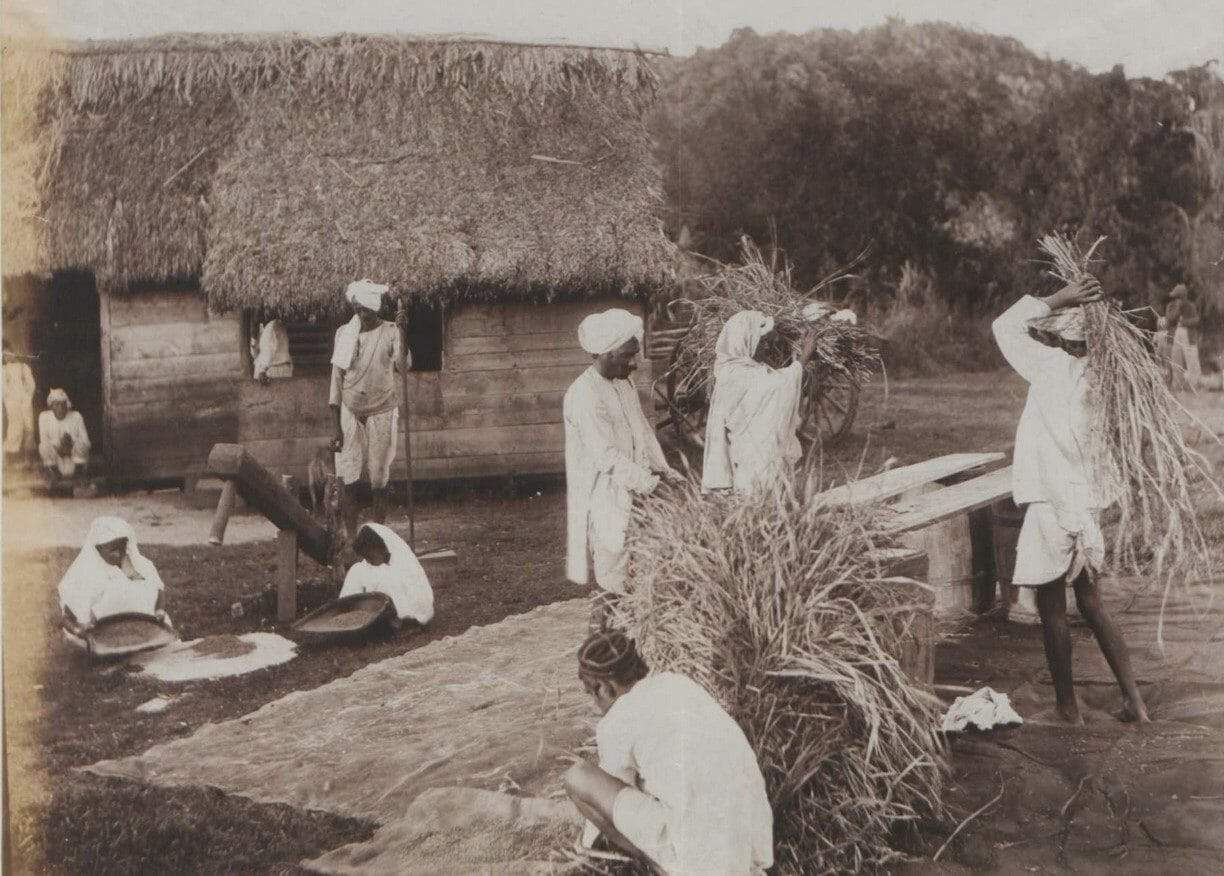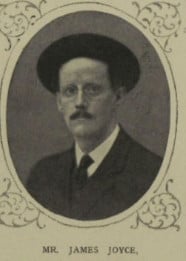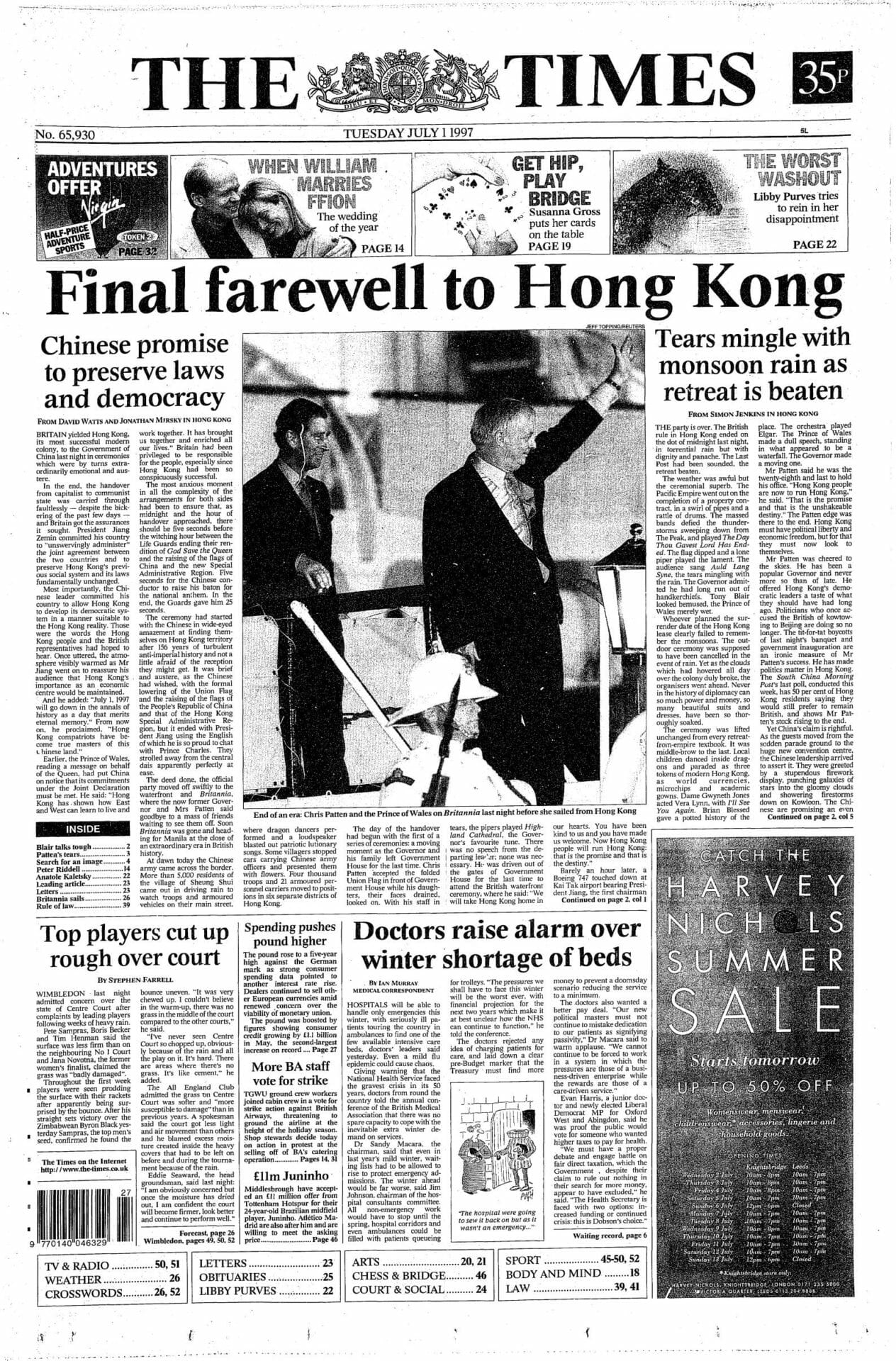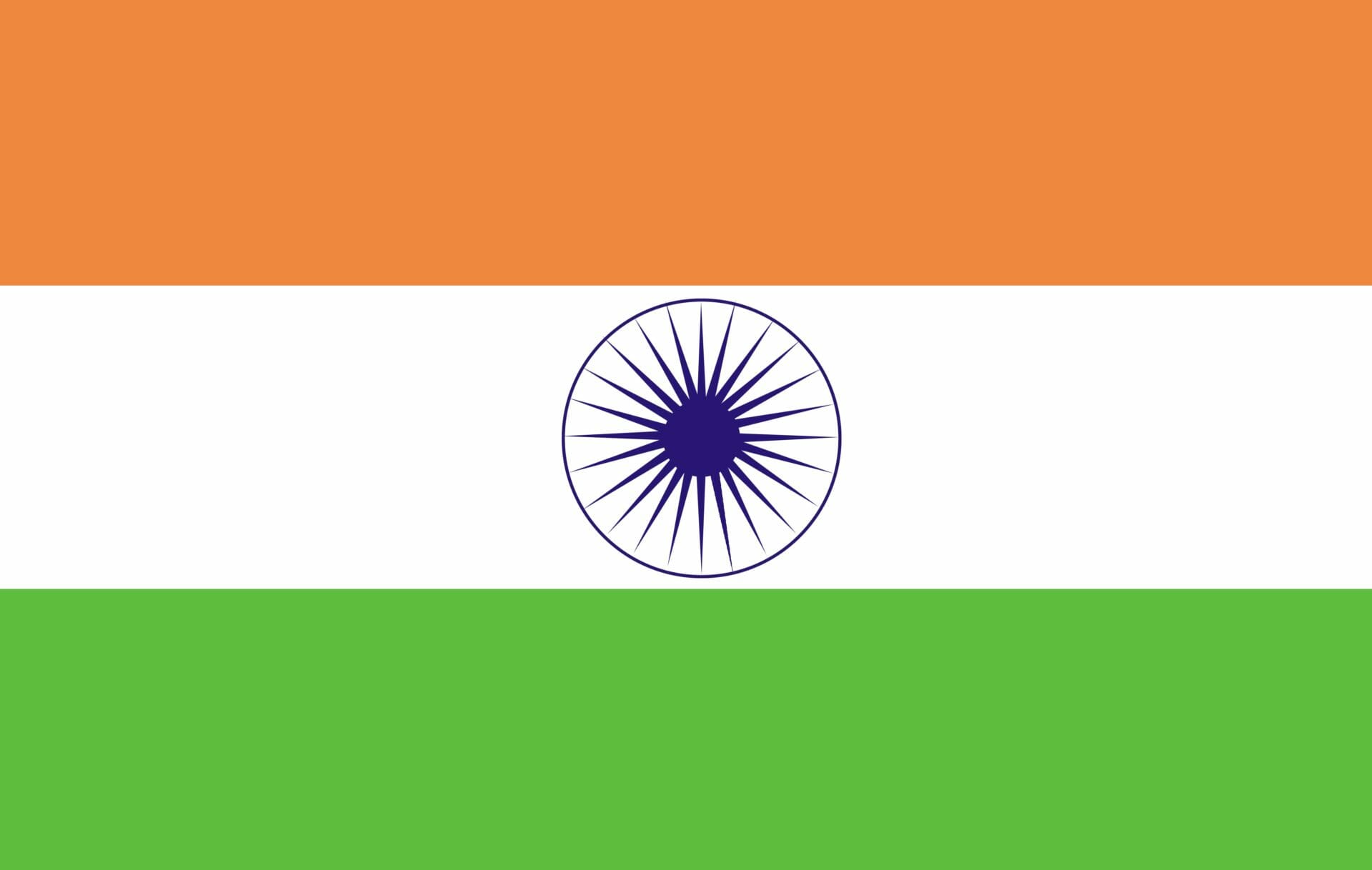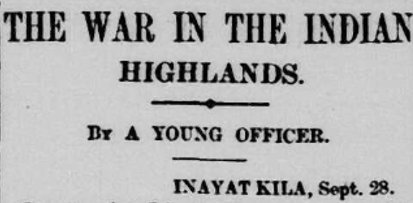By Dr Alexander Morrison, Fellow & Tutor in History, New College, University of Oxford
The exciting new archive China and the Modern World: Diplomacy and Political Secrets launches this month. This will be the third instalment in the China and the Modern World programme, which covers many aspects of nineteenth- and twentieth-century China, including its international relations, trade, and domestic and foreign policy. Diplomacy and Political Secrets is sourced from the India Office Records at the British Library, and presents a wealth of rare records, gathered by the British, pertaining to the relations among China, Britain, British India, British Burma, Central Asia, Russia and Japan. Below, academic advisor Dr Alexander Morrison discusses one of the influential characters whose career can be traced through these files.
Read more

